Spardha to commemorate seven years with month-long theatre festival
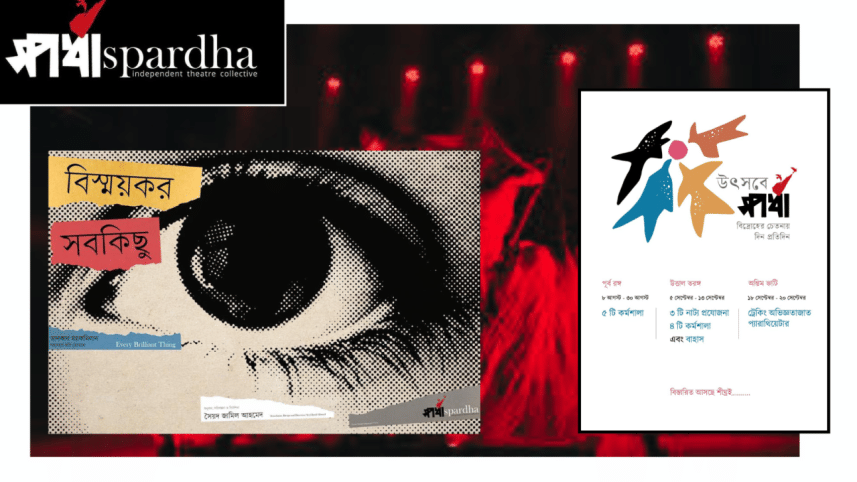
Dhaka's theatre scene, long in search of renewal, is finding fresh energy in Spardha: Independent Theatre Collective. Since its establishment on September 12, 2018, the troupe has earned a reputation for uncompromising productions, presenting works such as "Jibon O Rajnaitik Bastobota", "4.48 Psychosis", "Bismoykor Sob Kichu", "Ami Birangana Bolchi", and "Tobu-o Jege Uthi". More than conventional performances, each production has served as a pointed provocation—inviting audiences to confront social realities with sharper attention.
To mark its upcoming seventh anniversary, Spardha has unfurled a sweeping month-and-a-half-long festival: "Utsabe Spardha: Bidroher Chetonay Din Protidin" ("In festival—Spardha: in the spirit of rebellion, day by day"). Running from August 8 to September 20, the festival seeks to give young artists a new vocabulary of resistance.
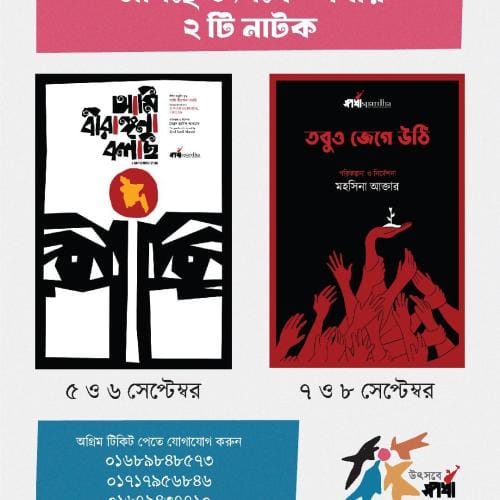
"Our theatre scene in post-uprising Bangladesh has grown stagnant," said founder and director Professor Syed Jamil Ahmed in an interview. "This festival is our attempt to rekindle its pulse and connect theatre with a new generation of audiences. We want to expand into cinema, visual arts, music, and children's theatre."
Founding member and performer Mohsina Akhter echoed that urgency, "When culture feels frozen and many wonder if artistic expression is even possible, it becomes urgent—even necessary—to move at full speed."
Three chapters of rebellion
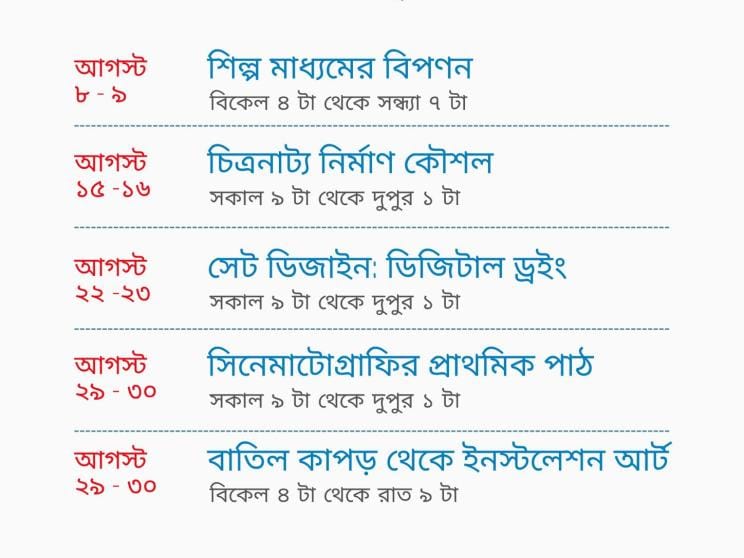
The festival unfolds in three acts:
Purbo-Ranga (Prologue): August 8–30
Five intensive workshops ground the festival in practice, ranging from cinematography and screenwriting to set design, marketing, and installation art.
Uttal Taranga (Surging Waves): September 5–13
Spardha's most acclaimed productions roar back to life:
"Bismoykar Sob Kichu"
"Ami Birangana Bolchi" — adapted from Nilima Ibrahim's landmark text, resurrecting the silenced voices of 1971's war heroines through commanding performances by Mohsina Akhter and Sharmin Akter Shormi.
"Tobu-o Jege Uthi" — inspired by Maya Angelou's "Still I Rise" and directed by Akhter, a searing invocation of women's resilience.
This chapter pairs theatre with public dialogue, adding four more workshops and a panel for exchange between stage and society.
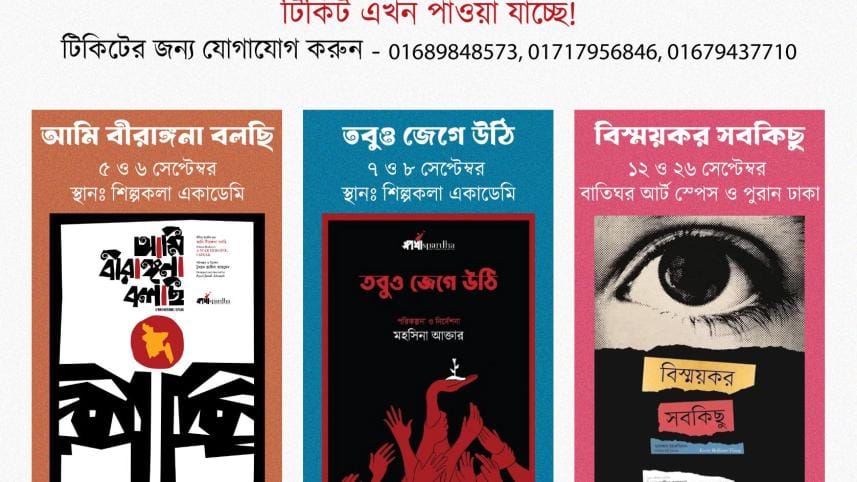
Antim Vati (Final Current): September 18–20
The festival closes with a daring paratheatre experiment: an outdoor trek beyond Dhaka, immersing actors and audiences in the raw immediacy of landscape, ritual, and performance.
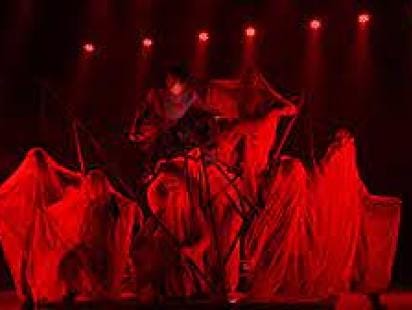
Spardha's ethos
From the beginning, Spardha has been more than a theatre company. Its founders, led by Jamil Ahmed, have used the stage to prod Bangladesh's conscience—forcing audiences to confront war, violence, patriarchy, and silence itself. Its productions marry local urgency with global craft, holding fast to secular and pluralistic ideals.
The troupe's path has not been easy—financial strain and rehearsal space shortages have tested its survival. Yet each production has widened the circle of theatre, proving that resistance is not just an idea but a practice, carried out night after night beneath the stage lights.
And now, seven years on, Spardha's festival insists on the same: that theatre must not simply entertain but disturb, awaken, and dare.



 For all latest news, follow The Daily Star's Google News channel.
For all latest news, follow The Daily Star's Google News channel.
Comments